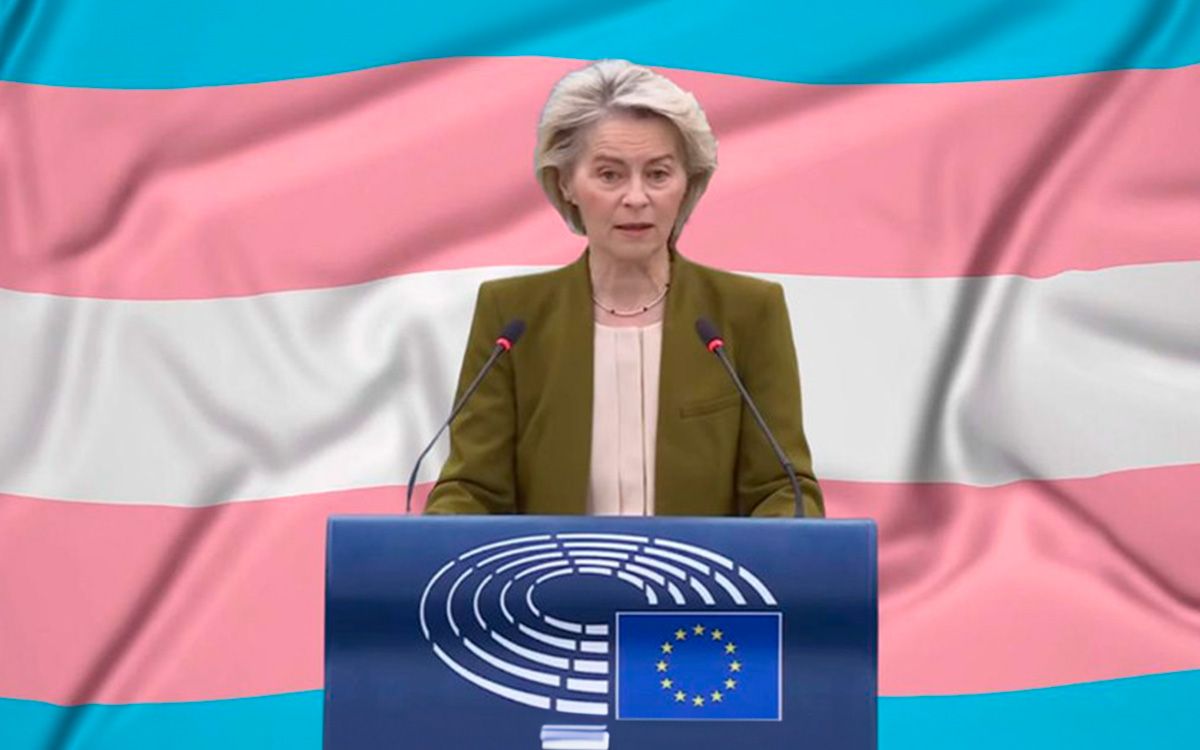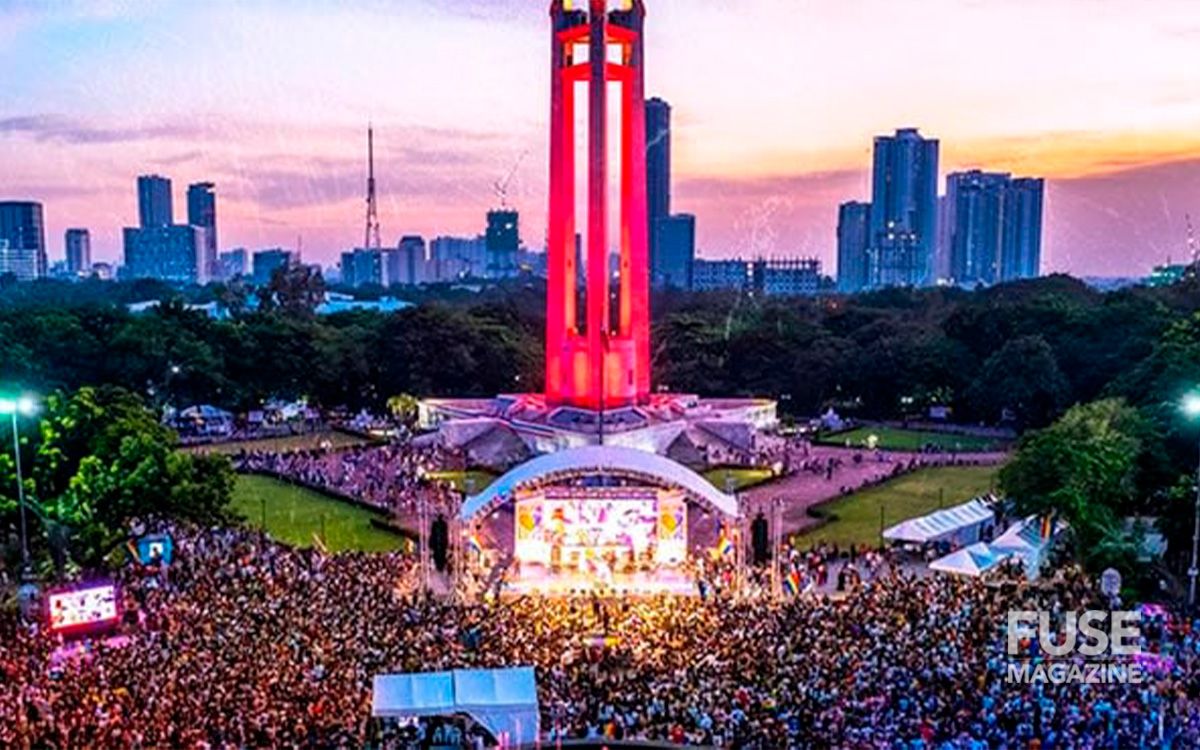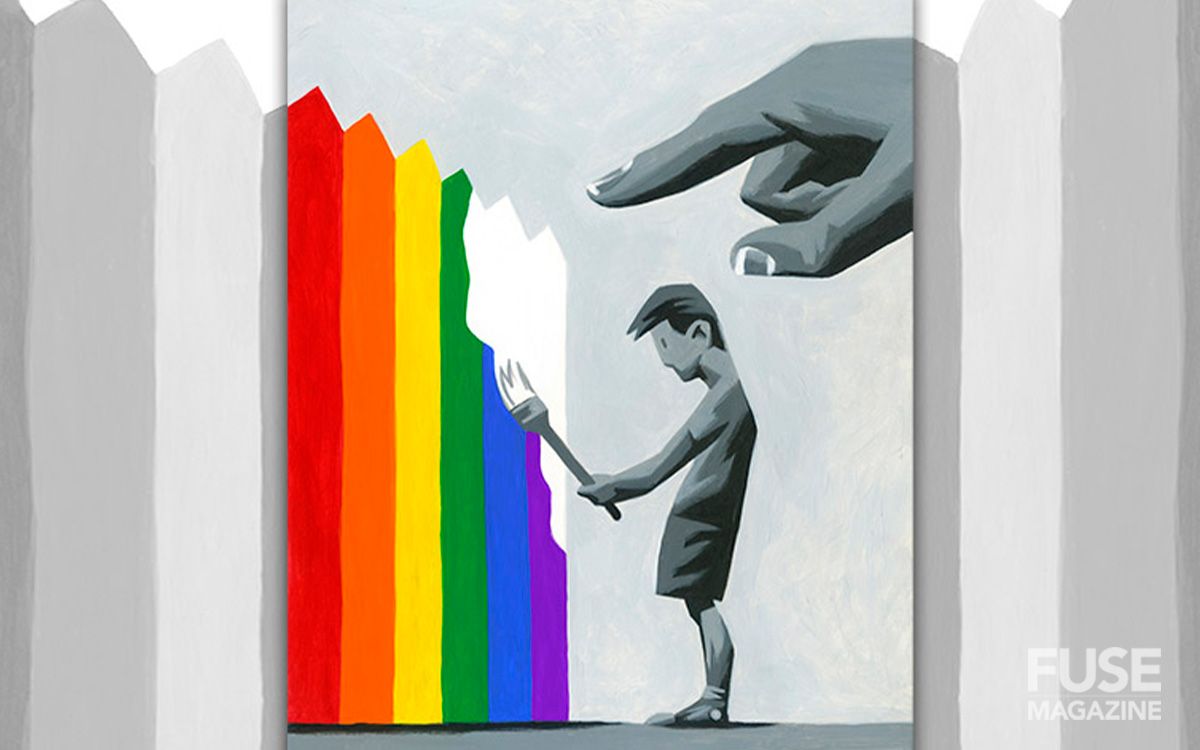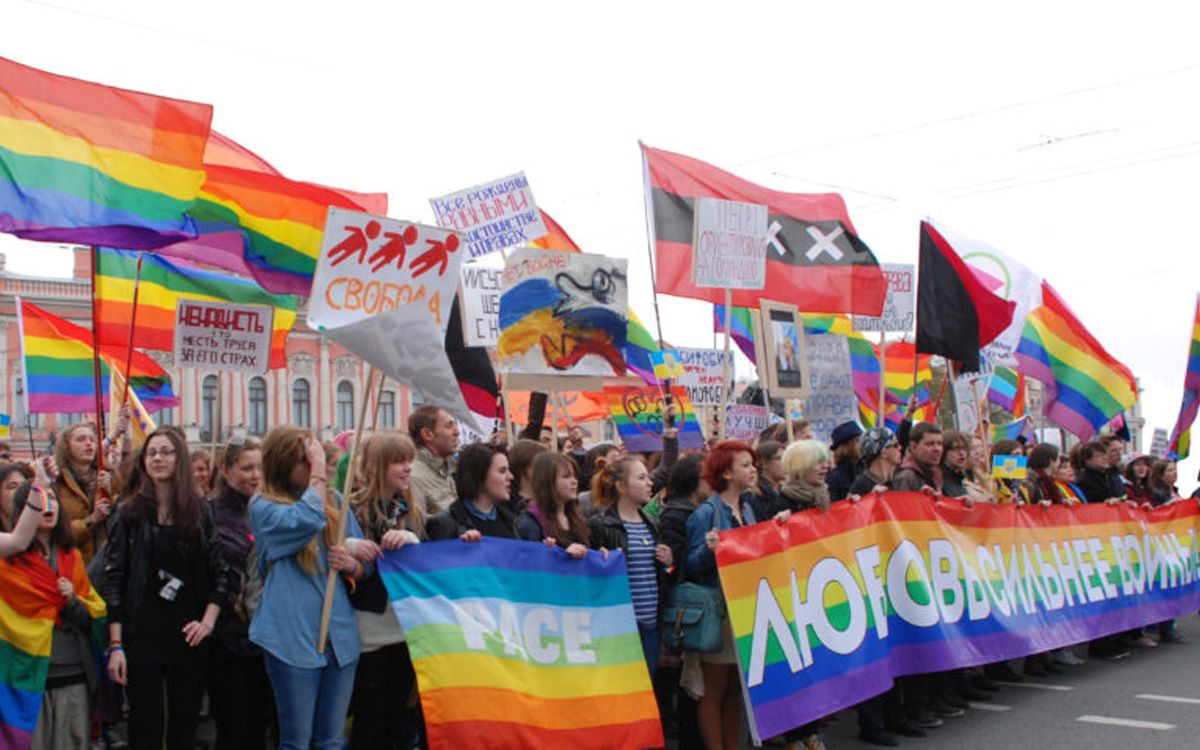Budapest Pride Shatters Records as 200,000 Defy Hungary’s Ban
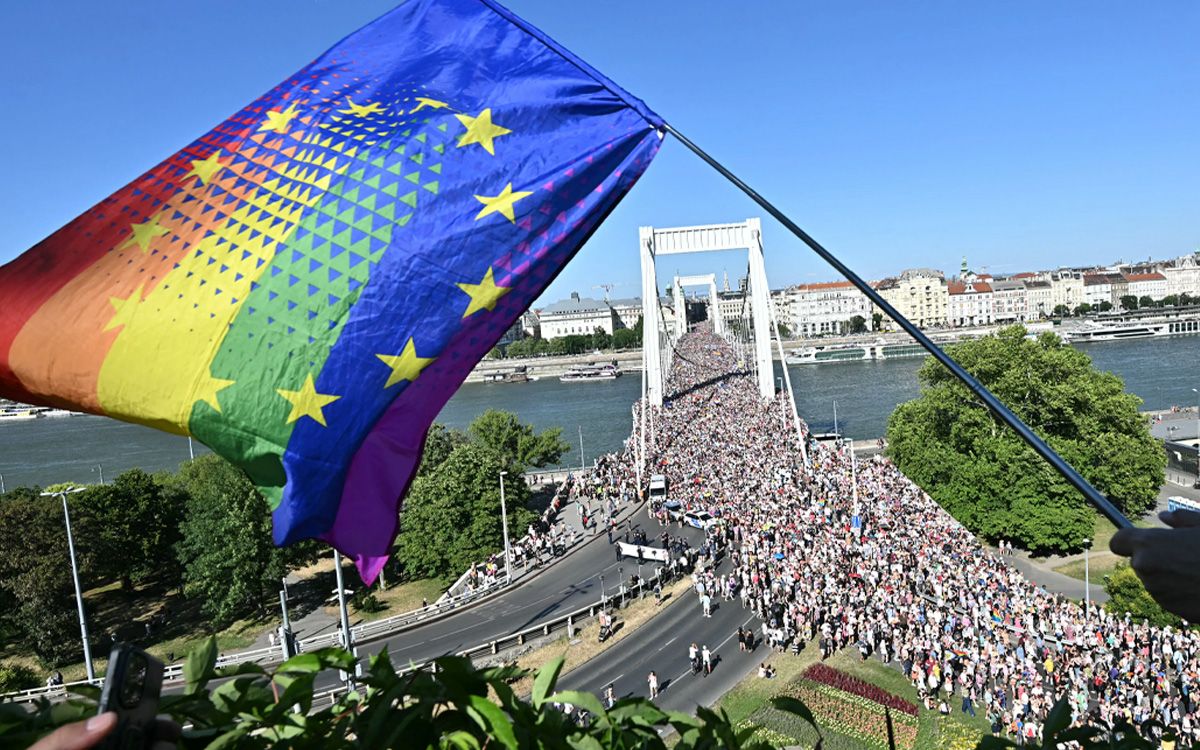
The unprecedented turnout transformed what was intended as a silent celebration into a powerful mass protest against Prime Minister Viktor Orbán’s escalating crackdown on people's rights and democratic freedoms.
Hungaries poeple make a historic defiance in the face of repression
The Orban government, which has spent years curtailing LGBTIQ+ rights, recently enacted new laws banning Pride events under the guise of “child protection.” The legislation not only outlaws public gatherings deemed to “promote” homosexuality, but also empowers authorities to use facial recognition technology to identify participants, with potential penalties including fines up to 500 euros and even year-long prison sentences for organisers.
Despite these threats, Budapest’s city hall, run by the opposition, co-hosted the march, allowing it to proceed as a municipal event. The result was a sea of rainbow flags, music, and solidarity, with marchers braving both the scorching sun and the risk of legal repercussions.
“I am proud to be gay and I am very scared that the government wants to bring us down... I am very surprised that there are so many people, I want to cry”
Zoltan, a 66-year-old participant
The pride event had people coming from all walks of life and was considered a blow to Orban Prestige and his authoritarian loving ruling party ahead of elections.
The government’s attempt to suppress Pride appears to have backfired, with the parade’s attendance dwarfing previous records, far exceeding the 35,000 who marched last year. Analysts and activists alike have called the turnout a “major embarrassment” for Orban’s ruling Fidesz party, which faces a hotly contested election next year and is trailing in polls.
“This is about much more, not just about homosexuality… This is the last moment to stand up for our rights.”
Marcher Eszter Rein Bodi told reporters.
Many participants and observers noted that the demonstration had become a broader rallying point for those concerned about the erosion of democratic freedoms under Orban’s rule.
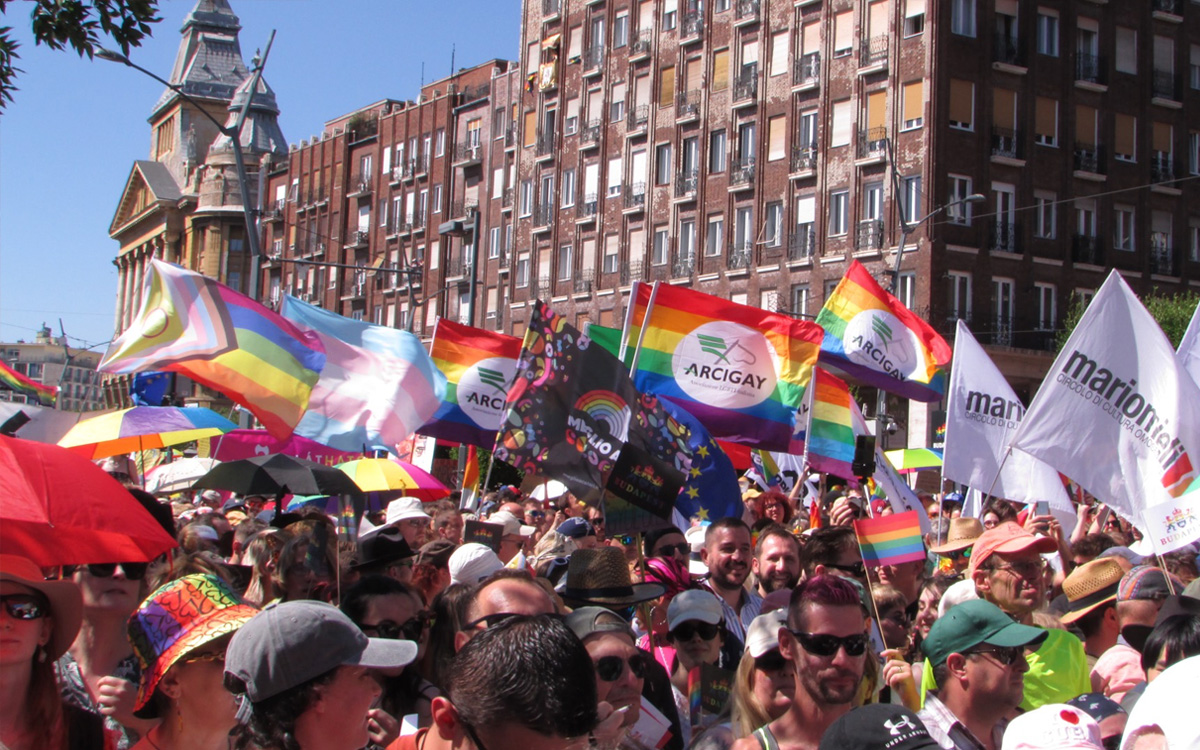
International Solidarity and Calls for Change
Support for the march extended well beyond Hungary’s borders. Organisers reported attendees from 30 countries, including dozens of European lawmakers and more than 30 embassies. European Commission President Ursula von der Leyen publicly urged Hungarian authorities to allow the parade to proceed, while 70 Hungarian civil society organisations published an open letter condemning the ban as an attempt to “intimidate the entire society.
As Hungary’s government doubles down on its anti-LGBTIQ+ stance, the record turnout at Budapest Pride sends a clear message that equality and democracy are not that easily silenced. For many, Saturday’s march was not just a celebration of identity, but a pivotal stand for freedom in the face of mounting authoritarianism.
“None of us are free until everyone is free!” read one sign, capturing the spirit of a day that will be remembered as a watershed moment for Hungary’s LGBTIQ+ community and its allies.



